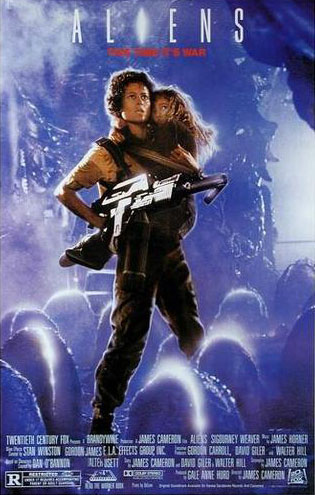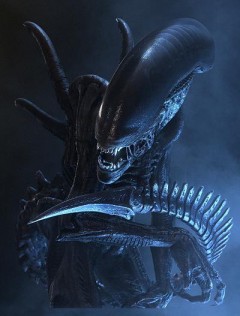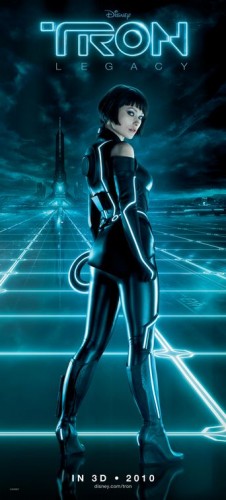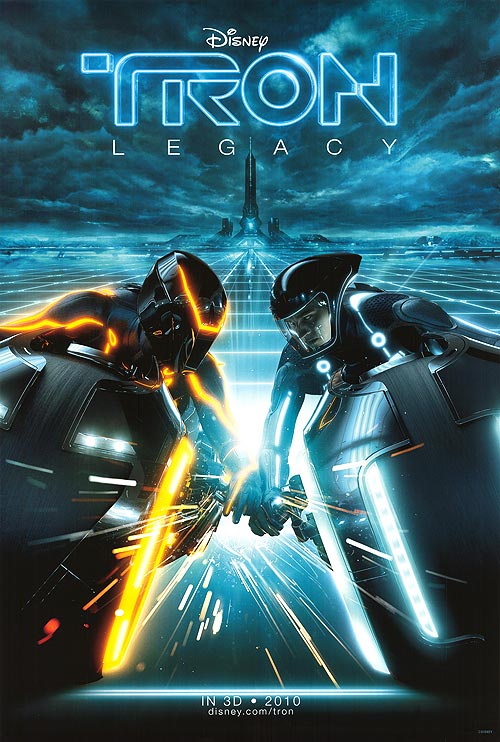
It is possible, however unlikely, that I could shuffle a deck of cards, lay them face down on a table and, in dealing to you the top five, deliver a royal flush. If I dealt to 649,740 people, the odds are good that at least one of them would get poker’s strongest hand, but to the one who actually got it, it would seem almost miraculous, more than he deserved. The cinematic equivalent of a royal flush is what the Alien trilogy received as first a young Ridley Scott, then a young James Cameron, and finally a young David Fincher were chosen to direct its films (some are occasionally moved to insist that there were four Alien movies. I must ask the good reader to accept my assurance that there was no fourth film; any lingering memories of such a thing are probably due to a bad dream).
By all rights, Aliens should have been unremarkable. Following a classic with a classic is next to impossible. Francis Ford Coppola did it, but he followed his own work and brought his same style and vision back to the tale. Aliens would be directed by a Canadian — a near-American! — who was going off a British film that had revolutionized a genre. Although the first installment left unanswered questions, it was not fashioned in such a way that a sequel naturally sprang from its story. For more on what such a situation is likely to produce, the reader may watch the sequels to Psycho and Jaws. If he wishes to explore the top end of the Bell Curve of this particular demographic, he should check out 2010 (The Empire Strikes Back might conceivably be added, but Lucas was still intimately involved with that project and, at any rate, in this reviewer’s humble yet obdurate opinion, Episode V is decidedly inferior to Episode IV).











